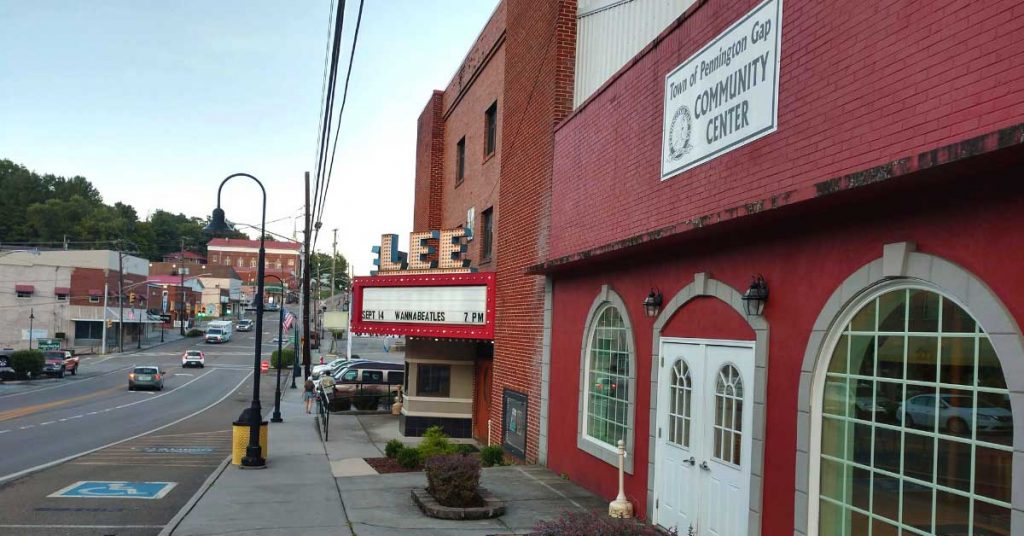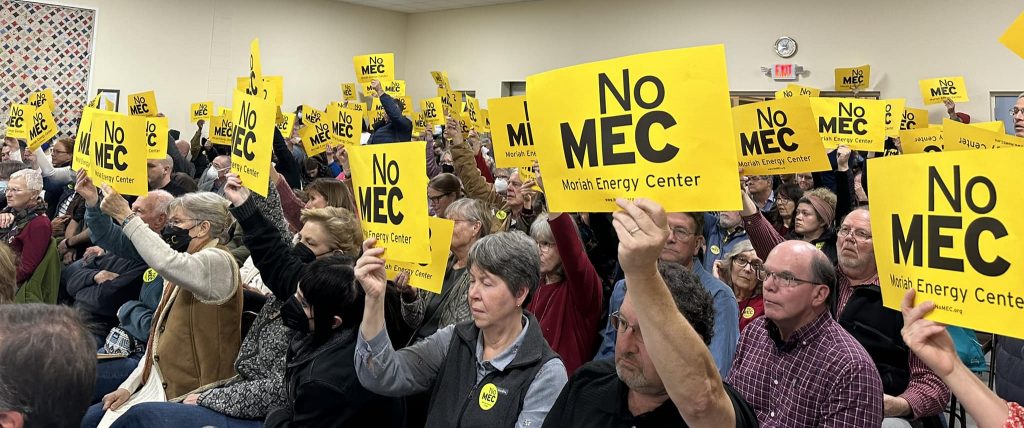Member Spotlight: Ashly Bargman
| December 16, 2019
This page will refresh in a couple seconds.
Related Articles
Latest News
Sorry, we couldn't find any posts. Please try a different search.

Leave a comment
Your email address will not be published. Required fields are marked *




